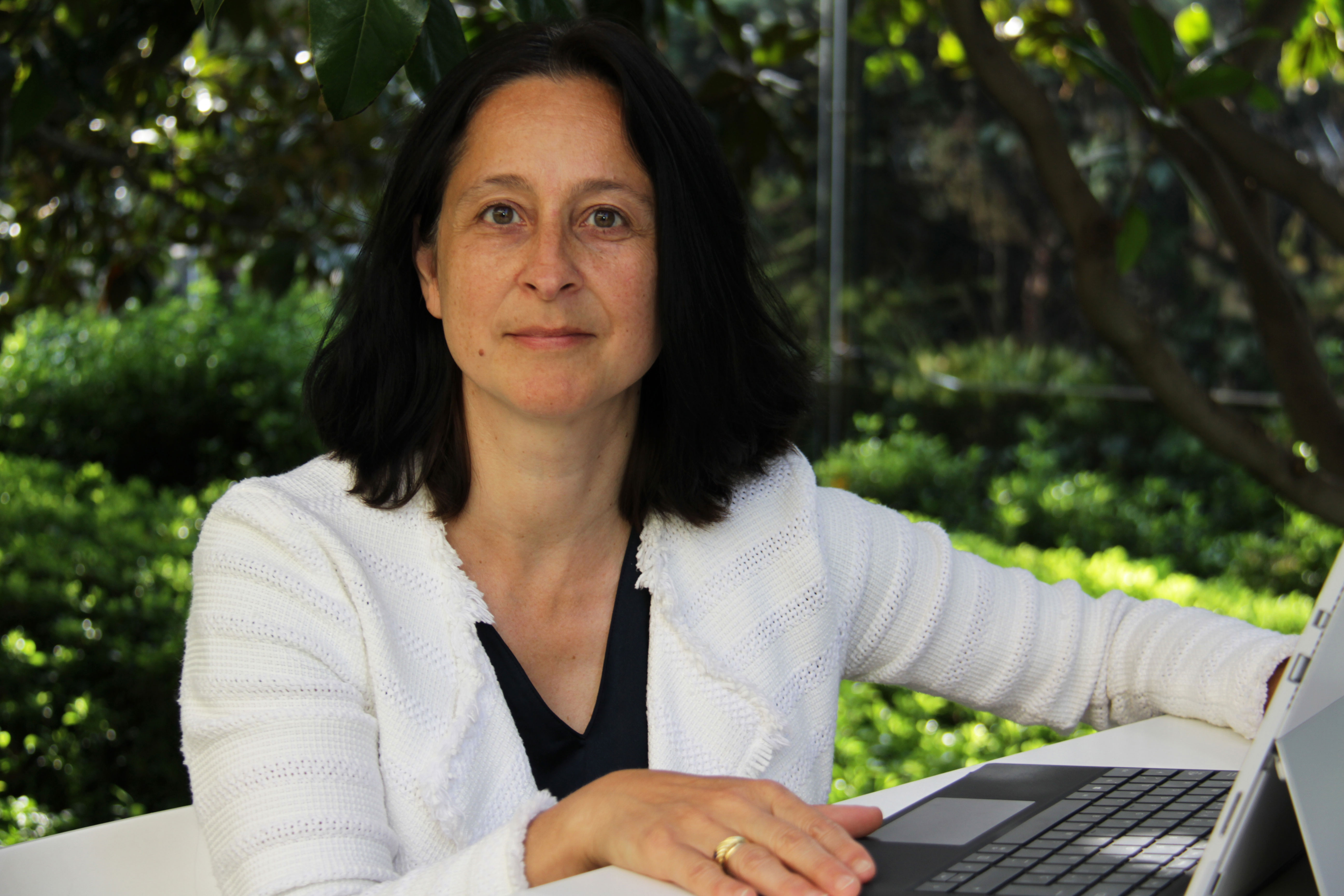On the occasion of celebrating ‘International Women’s Day’, we start today a series of interviews with representative women in the energy sector, for the purpose of giving visibility to women in a world that has traditionally been male and to make their experiences an inspiration to both other women and other men.
We begin with the testimony of Rosa Nieto, Enagás’ Director of Asset Management. A mining engineer with a technical career spanning more than 25 years, Rosa has one of Enagás’ greatest responsibilities, namely the operation and maintenance of the company’s entire infrastructure network: four regasification plants, 11,000 km of gas pipelines, three underground storage facilities and 19 compression stations.
I think so. In recent years the number of women in positions of responsibility in the energy sector has been increasing, although there is still more to be done. In the case of Enagás, the percentage of female managers and pre-managers in the company already stands at 35% and the aim is to continue increasing these percentages, in line with European proposals.
Companies are increasingly aware of the need to promote female leadership in their teams at all levels: both in management positions and in middle and operational management positions where, in the case of Enagás, there is still room for improvement.

In my case I have always felt supported, both by my colleagues and by the company’s management, and I have tried to take advantage of all the development opportunities that have been offered to me throughout my career.
In my opinion, it is essential for companies to promote and encourage female talent. To this end, I believe that training in different disciplines and, of course, professional development are key.
It is essential that initiatives continue to be promoted to give women greater visibility
At Enagás there are numerous training, professional development and mentoring programmes to identify and promote female talent, such as “Women with talent” or “How far do you want to go?” We also have initiatives such as WIN Enagás (Women In Networking), promoted by the Chairman, Antonio Llardén, which began in 2017 with the aim of promoting female leadership and creating a space for dialogue between female managers and pre-managers of the company.
A further key element for equal opportunities is work-life balance, aimed at both men and women. At Enagás we have a package of more than 100 measures to facilitate the balance between personal and professional life.
When you hold a position of responsibility, in addition to the technical knowledge associated with the position, other skills are required such as empathy, capacity for innovation, flexibility, teamwork and commitment.
These skills are fundamental in my day-to-day life and also necessary to be able to work in an ever changing environment. In this regard, I believe that in order to face the challenges of the energy transition, the participation of women will be fundamental. The female perspective will be key to achieving a more sustainable future.
In order to have more women in this sector, it is essential that initiatives continue to be promoted to give women greater visibility. Sometimes it can be difficult to find female role models, not because they do not exist, but because of the lack of visibility. This is key to making technical careers attractive to girls and young women.
On the other hand, I would tell you that we are at a crucial stage for the energy sector, which is very challenging but also full of opportunities that we cannot let pass us by. The transition to a decarbonised economy is going to require the maximum amount of talent, both men and women. With greater equality between men and women, the energy transition will be more likely to be successful.